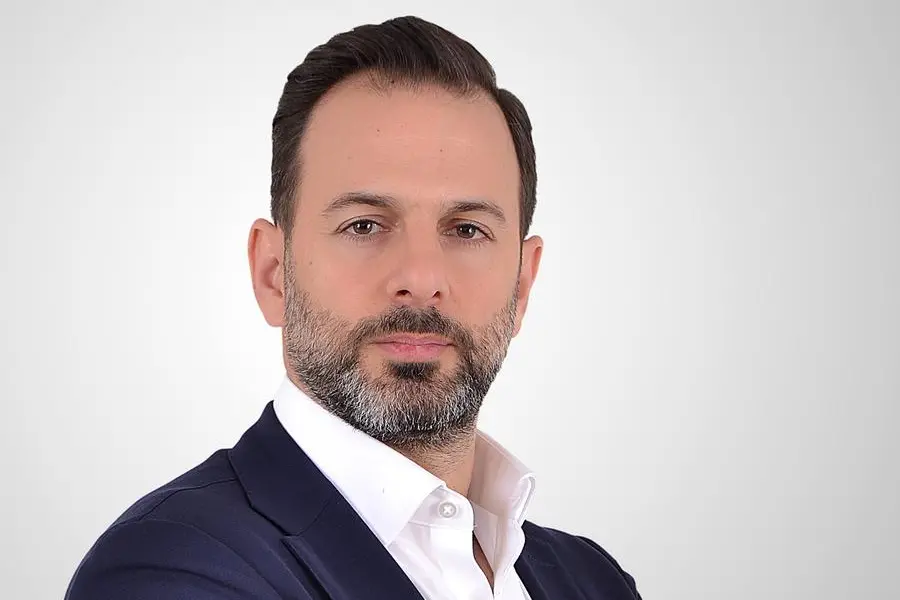PHOTO
Open banking and open finance adoption are accelerating in the Middle East. Financial services players are already embracing APIs to facilitate data exchanges and enable collaboration between banks, financial institutions, corporates and fintechs.
Zawya spoke with Serge Tohme, Vice President of Sales MEA – Treasury and Capital Markets, at Finastra, the global financial services software company, to get a glimpse into the future of financial services in the region.
What are the services Finastra offers in the Middle East/GCC region, and who are your key clients?
We support over 230 banks in the MEA, including financial institutions such as Banque Misr, which selected Finastra’s Fusion Trade Innovation and Fusion Corporate Channels to digitalise its trade finance services and provide its customers with a premium user experience.
Additionally, the National Bank of Bahrain and Banque Saudi Fransi use Fusion Kondor for automated treasury operations, enabling the banks to reduce risks, grow and provide new capital markets products and services to clients.
We also partnered with the Union of Arab Banks to help enhance the digital services of financial institutions across the Arab League member states. Finastra and UABdigital, the Union’s digital arm, will create a model digital bank licensed to Union of Arab Banks members to help them accelerate digitalisation while minimising costs and time to market.
You have been a technology solutions provider for banks and financial institutions in the region for many years. What has changed most in the financial technology market over the last few years?
During the last few years, the biggest change in the market has been the amount of collaboration. It is no longer about banks vs fintechs vs other financial institutions. Rather, it’s about how the industry can work together to provide customers with the best solutions that unlock the power of data, harness the latest technology and provide a great user experience through personalisation and optimal pricing.
Open banking and open finance have largely driven this mindset. This has paved the way for the new era of collaboration in financial services brought forward by Banking as a Service (BaaS).
Which of your products/solutions are in high demand in the region, and why?
One of our popular offerings in the region is FusionFabric.cloud, our open development platform which enables collaboration and innovation between fintechs and banks.
The platform enables developers to build new and innovative applications directly on top of Finastra’s solutions, making testing and validating the results significantly easier.
Financial institutions can take advantage of the specialised fintech applications, which are pre-integrated within our solutions. For example, Vector Risk’s ISDA SIMM Solution comes pre-integrated within our treasury and capital markets solutions, such as Fusion Kondor.
What are your plans for the GCC/Middle East in 2022? What could your clients expect?
During the next six months, our focus will remain on continuing to provide an excellent service to our existing customers, delivering implementations for our new customers and continuing to work closely with our partners.
In terms of solutions, BaaS will remain a strategic focus as we help companies move from point-to-point connectivity to a marketplace where banks and brands meet.
And what challenges do you expect in the future?
A big challenge (and opportunity) for financial services firms is aligning their business objectives with an effective strategy for environmental, social and governance (ESG). For example, when it comes to capital markets, financial institutions [that have] invested in fossil fuels are faced with increasing risks of their investments losing value.
As more investor money continues to pour into ESG funds, customers are becoming increasingly more demanding when it comes to understanding the exact impact they’re having on the environment.
Measuring criteria for this can prove challenging. There is a wide range of data and tools that measure ESG performance; however, this often lacks cohesion and a universally agreed framework.
If institutions move quickly to implement effective and measurable objectives for ESG, it will serve as a major competitive advantage for them.
BaaS is emerging as the new frontier for financial services. How do you see its potential in the Middle East, especially the GCC, compared to globally?
With consumers’ evolving demands, financial institutions in MENA, and especially in the GCC, are continuously incorporating new technologies and partnerships to improve customer experiences.
We believe that BaaS will drive endless opportunities for financial services in the region, enabling financial services providers to unlock new revenue streams and distributor brands to strengthen customer relationships.
Finastra recently unveiled a market assessment report: ‘Banking as a Service: Outlook 2022 | Paving the way for Embedded Finance’. The report shows that BaaS represents a $7 trillion opportunity.
Distributors, including retailers, e-commerce firms and other brands, are migrating towards BaaS solutions and expect overall growth to exceed 70% per year over the next three years; 60%–70% of distributors want to increase their spending on financial partnerships (including BaaS).
In EMEA, the majority of senior executives are looking to expand their BaaS expenditure by up to 49% over the coming year, more than their counterparts across the Americas and APAC.
(Reporting by Sunil S; editing by Seban Scaria)




















